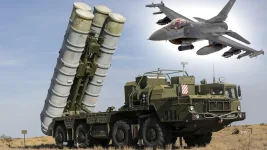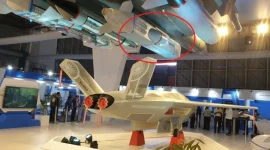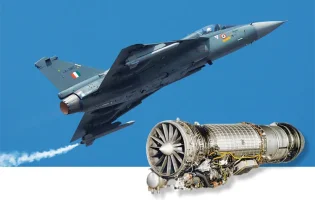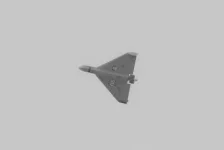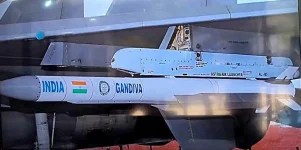
China, once dependent on the West for income and technology, has emerged as a global power without firing a shot, partly due to the Biden administration's role in the Ukraine conflict. NATO's expansionist aims threatened Russia, leading to the war in Ukraine and putting Russia under immense military and economic pressure from the U.S.
This pressure pushed Russia towards China, which was also seeking allies against American military dominance in the Pacific. While Russia didn't need military aid, it needed support to counter American pressure. China filled the gap left by Western sanctions, supplying consumer goods and buying Russian oil and gas that previously went to Europe.
Both Russia and China have benefited
Russia kept the war ongoing despite sanctions, and China secured cheap oil and a market for its goods. Western analysts argue that China benefits more, seeing Russia as weakened, but they overlook the strategic shift in the Pacific. China aims to push the U.S. back to its West Coast with Russian help and they have been building its navy to confront the U.S., not Russia.How China Will Use This Opportunity
The close relationship between China and Russia should concern the West. China now has a market of 200 million people in Russia, replacing possible lost Western trade, with two-way trade in 2023 exceeding $200 billion. This makes China more prosperous and less dependent on the West.China's military, though large, is technologically behind. A technologically competent Russia can enhance China's military capabilities, posing a greater threat to the U.S. in the Pacific. Improved Chinese missiles could force American military restraint.
Future Scenarios
In the next 20 to 30 years, differences between China and Russia are likely to emerge, particularly over global influence. China's eagerness to be seen on par with the U.S. and Russia may lead to conflicts similar to the 1967 Ussuri River clash when Mao Tse Tung wanted to grab a part of Russia including Vladivostok port.India's growing power will also influence this dynamic. In ten years, India is projected to be a $10 trillion economy with $1.5 trillion in high-tech exports. As the West reduces its dependence on China, it will turn to India for services and technology goods, shifting the balance of power. India's strategic relations with Russia, but not China, will make it a counterweight in favor of Russia, a development welcomed by the U.S.
The net impact of the Ukraine war does not favor the U.S., which is unlikely to emerge victorious. If Russia remains undefeated, it will resolve the issue of its influence in Europe. While Russia may not seek direct military and political dominance, the resumption of oil flows into Europe will enhance its strategic influence. The lingering bitterness of the Ukraine conflict will be remembered.
China, for strategic reasons, may avoid conflict with Russia. However, pushing the U.S. back to its West Coast will remain a high priority for China.

